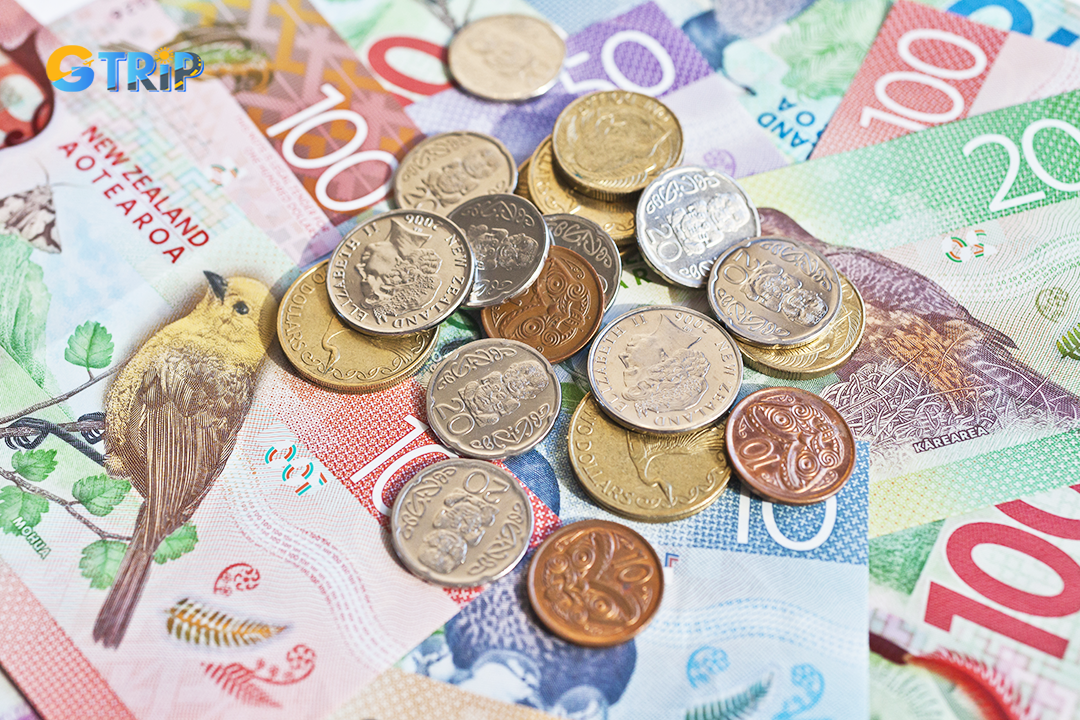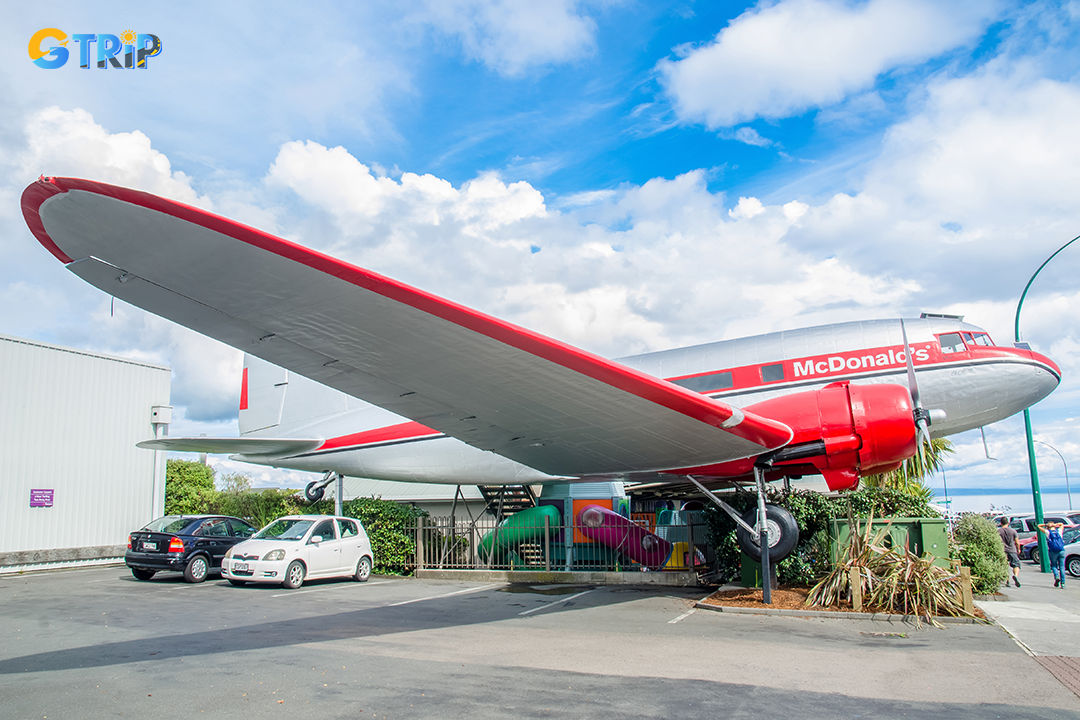Oct - 12 - 2023
The New Zealand currency is one of the most critical things travelers must know when visiting this isolated land. The New Zealand Dollar has been the official currency of New Zealand since 1967 and is used in the Cook Islands, Niue, Tokelau, and the Pitcairn Islands.
Origin and history of New Zealand coins
Before the appearance of the New Zealand dollar, the country's currency had been the New Zealand pound (as opposed to the British pound) since 1933. A currency change was proposed in New Zealand in the 1930s, But it wasn't until the 1950s that this project started. In 1957, the Government established a committee to conduct research on decimal currency, and finally, in 1963, the Government decided to divide the New Zealand currency into tenths.
The Decimal Currency Act was passed in 1964, setting the conversion date as July 10, 1967. Ultimately, the word dollar was chosen to refer to the national currency. On July 10, 1967, the New Zealand dollar was introduced to replace the New Zealand pound; about 27 million notes and 165 million coins were printed. One pound equals two dollars.

New Zealand currency
Interesting facts about the New Zealand dollar
This currency, commonly known as the Kiwi and named after the national bird, appears on the $1 bill. In addition, other names for this currency have also been suggested, such as zeal (to avoid confusion with the dollar), which is commonly associated with the US dollar. Today we have banknotes in denominations of 5, 10, 20, 50, and 100 New Zealand dollars. In terms of coins, there are 5, 10, 20, and 50 cents and 1 and 2 dollars.
The New Zealand Dollar is one of the top ten currencies in commerce worldwide. Another interesting thing that you may not know is that Elizabeth II is the queen of New Zealand.
New Zealand Payment Guide
Cash rules
There is no restriction on the amount of foreign currency you can bring into or out of New Zealand. However, if you are bringing more than NZ$10,000 in cash into or out of New Zealand, you must complete a Cash Report at the border.
Tips and service charges
Tipping in New Zealand is optional (even in restaurants and bars). New Zealand hotels and restaurants do not include a service charge in their bills.
Goods and services tax (GST)
All goods and services in New Zealand are subject to the Goods and Services Tax (GST) of 15%, which is included in the prices displayed. The visitor cannot claim this tax back, but if a vendor ships a large purchase to the visitor's home address, GST will not be charged.
How much does food and drink cost in New Zealand?
This will be very different depending on whether you order takeaway, eat at a casual cafe, or dine at a fine dining restaurant. In time, a McDonald's Big Mac Burger costs $8.70; Coffee sandwiches cost $5–$10; a main meal at a casual restaurant costs $20–$35; Large coffee costs $5–$6; and a beer pitcher costs $10–$16.

New Zealand McDonald's
How much does accommodation in New Zealand cost?
Prices will depend on location, time of year, and day of the week. Use our accommodation finder to see price ranges for your specific needs. Campground example: NZ$10–$35 per person; Dormitory/Backpacker: NZ$17–$35 per night; 3-star motel/hotel room: NZ$80–$200 per night; 4–5 star hotels: NZ$200 or more per night.
Is transport in New Zealand expensive?
Car rental prices can vary greatly depending on the time of year and the type of car/mobile home you want to rent. Use the Shipping finder to check prices on the supplier's website or contact them directly. Gasoline (gas) price Prices for domestic flights vary between airlines depending on demand, so check prices on their websites.
This is an attractive destination that you should also visit at least once in your life. Take note of the New Zealand currency to make your trip to the country of Kiwis complete!


